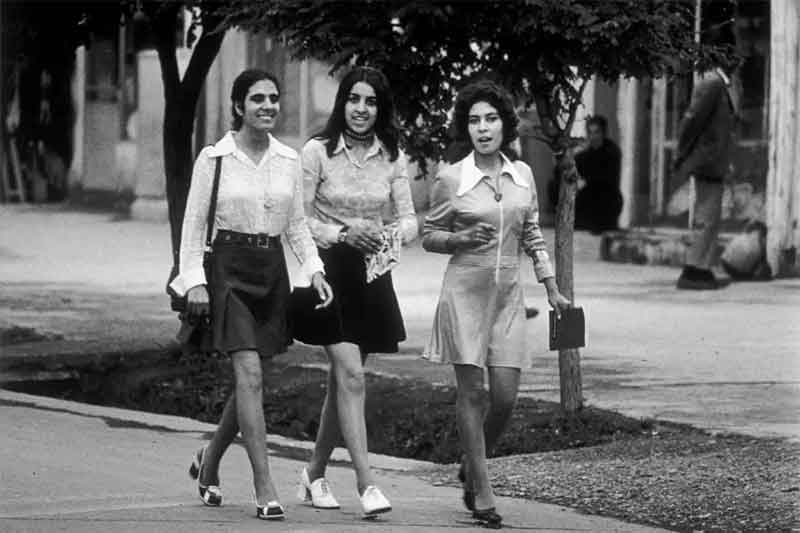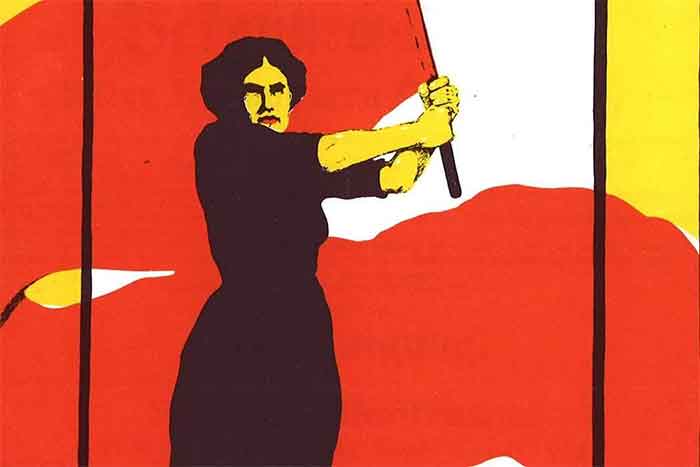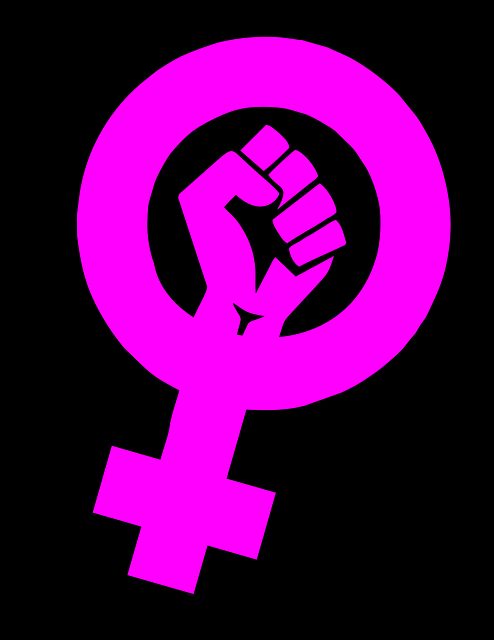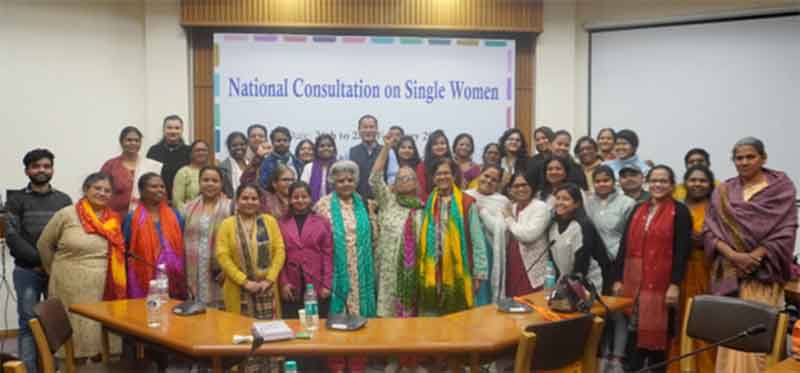
Didi kabhi shadi mat karna (Didi, never get married).
Durga’s voice reverberated in the house during our morning ritual of chatting over a cup of piping hot tea. Durga, one of the thousands or probably lakhs of immigrants from Bihar, helps me with household chores. Mine is the first house she comes to in the morning, primarily because I have to leave early for work, but now also because we share our day’s first cup of tea together.
Durga bore four children, now aged between 2 to 11, has a husband who lost his job during the pandemic and is unable to find work now. Her husband (she never really bothered to mention his name and I, for some reason, never asked too) is violent, all the more now as men’s pandemic-induced frustration was mostly taken out on their wives. Loss of livelihood, compounded with uncertainties of a bleak looking future, amplified cases of domestic violence.
More often than not, an image of a survivor, in popular imagination, is of a battered woman, with no hope, no means of sustenance. While, I do not intend to deny cases where survivors, in fact, do not have means of sustenance or are so dependent on their abusers that finding a way out becomes a difficult task, but such an imagination takes away the agency of women- as Durga, and several other survivors of domestic violence- refuse to see themselves as victims of patriarchal oppression. There is a recognition of the same but a simultaneous assertion, an assertion to counter violence.
A shift in vocabulary, in cases of gender-based violence, while referring to a person upon whom violence has been inflicted- not as a victim but a survivor- attempted at recuperating agency from the shackles of patriarchal imagination which reduces a survivor’s identity to their experience of violence.
The feminist movement/scholarship fought against this very imagination so as to envision a world where a survivor of gender-based violence can move beyond the markers of violence. Durga, like other survivors of domestic violence that I worked with at my last job, does not see herself as a victim at all. She probably does not even bother about being called a survivor either.
Nonetheless, it is not my story to tell, it is hers. However, I do want to locate brief moments of sisterhood (even though the term is fraught with multiple critiques, justifiably so. I, however, can not deny it’s radical potential while also being cognizant of distinctly clear hierarchies of caste/class as well as employer/employee between Durga and I), when Durga comes, rushing through the front door and into the kitchen, makes tea and gives an anecdotal review of everything that happened the previous night at home.
Feminism cannot exist without sisterhood- a form of political solidarity between women based on shared understanding of oppression and radical struggle against sexism. Bell Hooks dwells that political solidarity can’t be forged unless there is a recognition of differences between women coming from different backgrounds in terms of race, class etc. A political solidarity would entail a shared political struggle and radical politic against sexist oppression.
When Durga suggests me to not marry while I approvingly nod, it is a recognition of systemic oppression which marks both of our lives. The reason why I referred to this form of sisterhood brief is because my privileged location gives me the choice to not marry, a choice Durga did not have. This is precisely the kind of difference which needs to be recognized to achieve a political solidarity, a sisterhood based on a fight against mutual, yet uneven oppression.
However, these differences melt away (may be for me because of my privilege) while Durga and I share our stories from our respective worlds- I, of umpteen heart breaks, and she of the drudgery of a patriarchal household.
Both of us, despite of our differences- can understand a common language- of love, of violence in intimate partner relationships, of expectations and, of a desire to live a life alone as individuals and not as wives/daughters/mothers. It is this commonality which marks our relationship, which also strengthens the vision of a feminist solidarity, feminist sisterhood of envisioning a violence free world.
The space that she and I have constitutes empathy, a pre-requisite to fight against systematic oppression. It is the recognition of each of our struggles’ which gives us the tools to have a mutual understanding. It is a space where we can pour hearts out, without a fear of judgment, a safe space of sorts, which has the flexibility to mold itself the way we want it to be.
Those brief moments, I feel, have the radical potential to subvert hierarchies as they are based on empathy and a desire to listen to each other intently, so as to give each other a cathartic space to battle an unjust world.
These abridged rendezvouses may not receive a mention in the larger scheme of things, but they play a fundamental role in women’s lives, for these are the spaces where they feel free, feel connected to each other. A mutual recognition of each other’s struggle is also an acknowledgment of one’s experiences as legitimate, something which may seem mundane but is also ignored precisely because of their mundanity.
A small tear, a nod or a sigh are forms of mutual recognition of patriarchal violence as well as of sisterhood. The expanse of the living room, then, provides a radical space to vent, to recognize and to subvert.
Ravneet Param is a program associate at Institute for Social Democracy, New Delhi. My Instagram handle is ravneet_param.
The essay was first published in ISD’s newsletter SACH















































